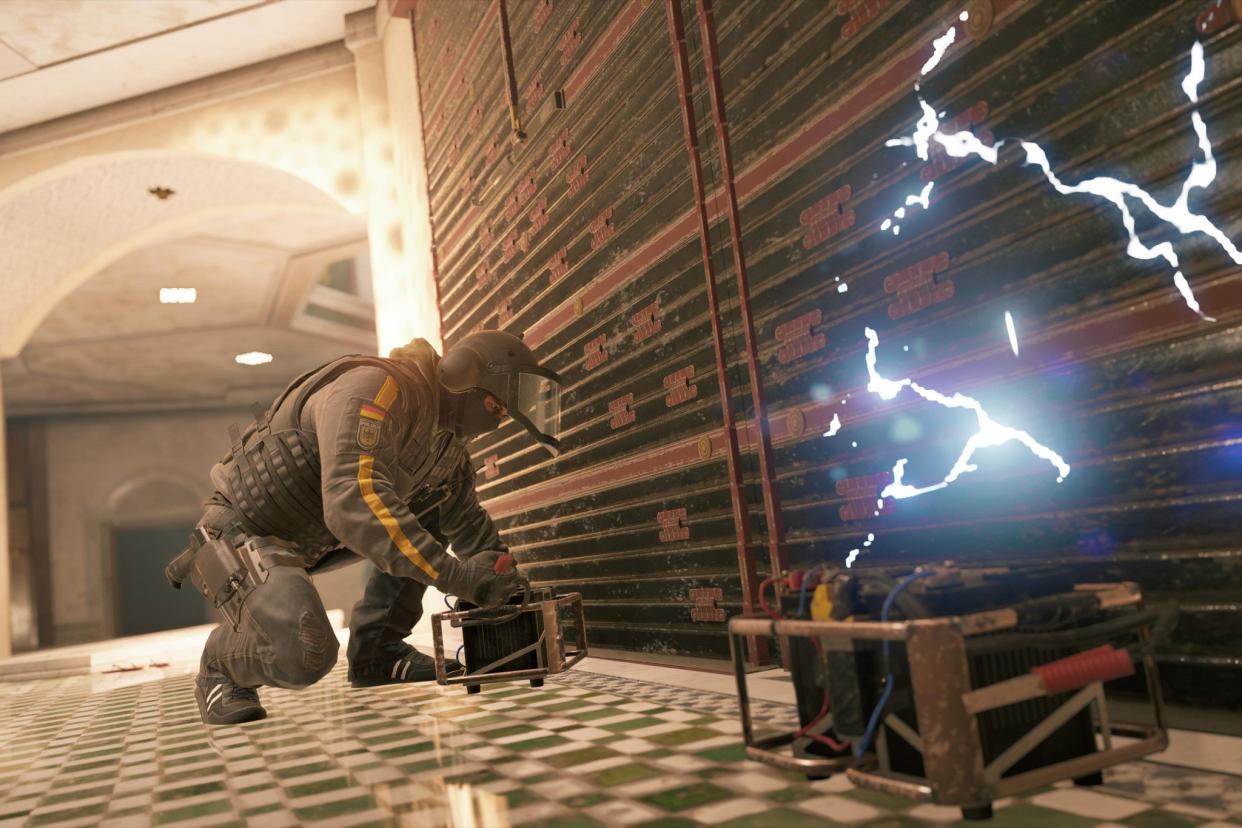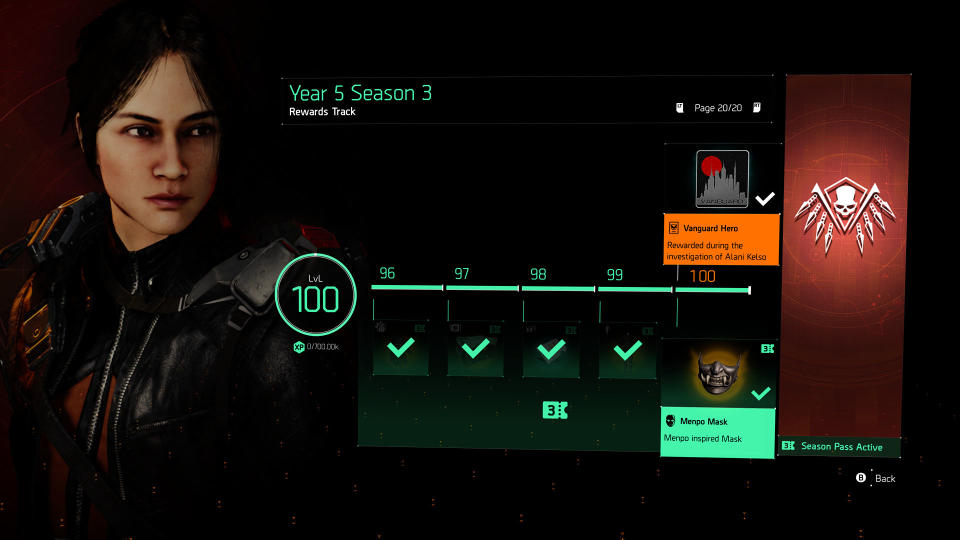Ubisoft adds an egregious subscription to one of its most popular games and the players are not happy

What you need to know
At the recent Manchester Major, Ubisoft revealed its next seasonal content for Rainbow Six Siege, with the standout (for the wrong reasons) being the new subscription model.
R6 Membership will cost $10 a month or $80 a year and goes live in June.
The subscription will provide "exclusive rewards" and a new premium battle pass, but it hasn't exactly gone down well with players.
Ubisoft continues to do whatever it can to piss off its players, and the latest in the crosshairs is Rainbow Six Siege. Announced this past weekend at the Manchester Major (via PCGamer), Rainbow Six Siege will, from June, be home to a premium subscription membership.
Rainbow Six Siege is closing in on being nine-years-old, but remains incredibly popular. On Steam alone, it peaked at almost 82,000 concurrent players in the last 24-hours, which is nothing to sniff at. It's also one of the few truly popular, competitive FPS titles that players can enjoy on PC as well as console. But as you can imagine, the new R6 Membership hasn't exactly gone over well.
Indeed, the fans at the event where it was revealed were quick to voice their displeasure.

I haven't played Rainbow Six Siege in a long time, so admittedly it's not something that will affect me personally. But once again, Ubisoft seems to be alienating its players in favor of pleasing those with a financial stake in the company. Yes, money makes all of this happen, but it seems clear that this decision wasn't taken with the people who play the game in mind.
Selling cosmetics is an easy way to monetize games, and comparisons have been drawn to Fortnite, which has a similar premium membership. Though in the case of Epic Games' smash hit, firstly it's a free-to-play title, but as many on Reddit have been quick to point out, offers way more value than it seems anyone will get from Siege's premium membership.
Selling cosmetics in a paid game isn't a new practice, indeed, it's something used in another Ubisoft title, and my own personal favorite, The Division 2. The games are very different, but I've previously written how I think The Division 2 is a prime example of a service game done right. Players there don't need to buy the season pass to get access to the most important new items, aka, the new gear and exotics, instead having the option to just get more stuff if they want or buy some premium cosmetics from the store.

This move feels purely instigated by the financiers, desperate to find another way to rinse extra dollars out of its player base. Many of whom will have been playing since they first bought the game way back in 2015. On the face of it, this subscription just doesn't seem to offer anything really worth paying for, instead just that it hopes its players are 'dumb' enough to get FOMO and pay up.
It's also a shame that this has overshadowed the other changes being made to Rainbow Six Siege with its upcoming season. But that's the thing; the bad will always float above the good.
It's not the first time in recent weeks Ubisoft has irritated its players, either. It recently cancelled development on The Division Heartland, a game many (including myself) had been looking forward to, in order to redeploy efforts towards bigger titles like Rainbow Six Siege and its newest FPS, XDefiant. In the case of the latter, as you'll see from our full XDefiant review, it's not necessarily a winner.
It does also, on a personal note, start to make me a little nervous for what we may end up getting when The Division 3 arrives. I'm absolutely in favor of ensuring these games are profitable and that the hard-working developers who make them see success. But increasingly it's starting to feel like Ubisoft is making its decisions purely chasing the almighty dollar rather than what the people playing its games will actually enjoy.


